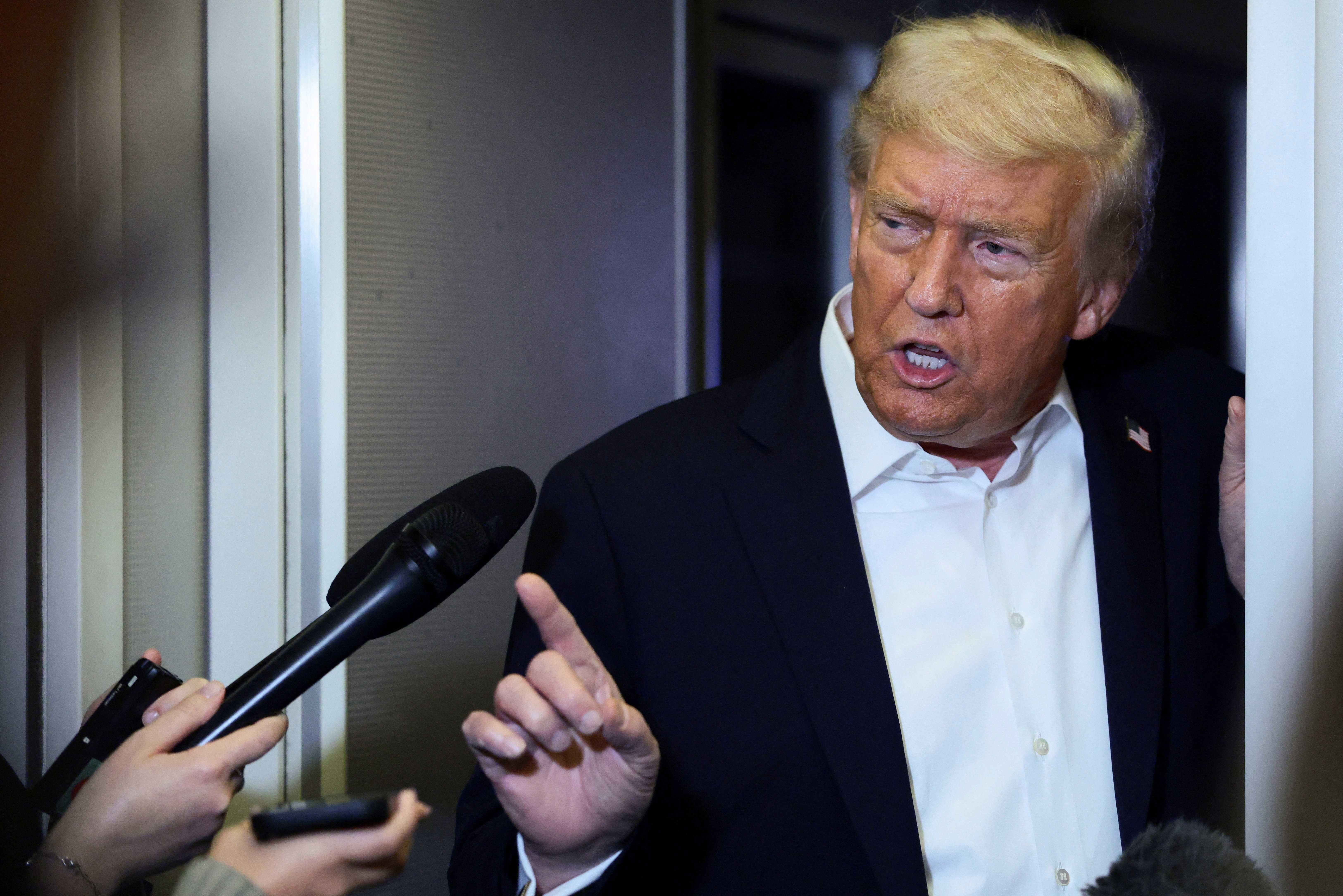When civil libertarians criticize U.S. presidents of the 20th Century, two of names that often come up are Republican Richard Nixon and Democrat Woodrow Wilson. One of those civil libertarians is historian Adam Hochschild.
In an interview with Salon's Chauncey DeVega published in Q&A form on October 14, Hochschild draws a parallel between Donald Trump's second presidency and the 1910s under Wilson's presidency.
Hochschild, author of the book "American Midnight: The Great War, A Violent Peace, and Democracy's Forgotten Crisis," told DeVega, "I certainly agree that there are many eerie parallels between the assault on democracy in this country in 1917-1921 and the similar assault Trump is mounting today. I think that's a reason why 'American Midnight' has found a good number of readers. I began it during the first Trump Administration because I saw so many parallels between what he wanted to do and what the second-term Woodrow Wilson actually did do: Censor the critical media, stir vigilante movements to action and throw political enemies in jail."
Hochschild continued, "It is strange how different those two presidents are in style and personality. Wilson would have looked down his nose at Trump as a crude, uneducated lout. But the two men are also very similar in their desire to ruthlessly silence their enemies."
The historian/author finds it ironic that Trump characterizes 2025's Democrats as far-left, considering that policies are quite mainstream.
Hochschild told DeVega, "One difference is that in 1917, the Russian Revolution happened, and the ruling elites in both Europe and the United States feared that its spirit would spread. Today, no matter how much Trump fumes against 'radical-left Marxists,' the Democrats he attacks are neither radical nor Marxist, and are pretty mild by historical standards. The rhetoric is still there, although I think it has less power than it did when many in the United States really did fear revolution. But reality has never been a constraint when it comes to Trump's rhetoric."
Chauncey DeVega's full interview with historian Adam Hochschild for Salon is available at this link.
